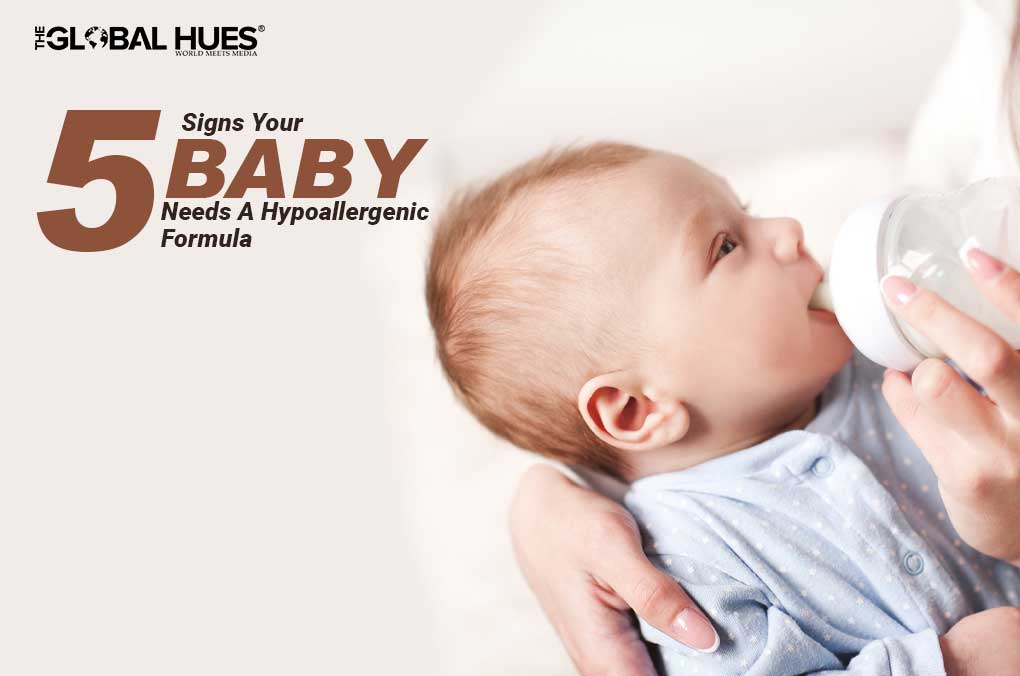There are three types of breastfeeding for babies in their first year of life: breastfeeding (natural), mixed (pre-breeding), and artificial feeding. Of course, natural feeding is the best for the baby, since breast milk is the most balanced for the baby’s needs. But not everyone can maintain breastfeeding for various reasons. And then you have to choose a dairy formula for complete nutrition for your baby.
Criteria for choosing milk formulas
It is necessary to treat the choice of baby food very responsibly. After all, a nutritious, high-quality, varied diet in the first year of life is a solid foundation for your child’s health. As a rule, all the existing formula is made from cow or goat milk. This milk is pre-tested, and it undergoes anti-allergenic treatment. Infant formula can be fermented, liquid, unleavened, and dry. A highly adapted formula is considered to be perfectly close to the composition of breast milk. The transitional formula is designed to feed infants from 6 months of age. There is also a line of medicinal mixes with special purposes, for children who have unstable stools, or allergies, if they are born with a small weight.
The price policy also plays a role in choosing a baby formula, because a quality product cannot cost cheap. Always pay attention to the packaging of the product. It should state the age of the formula, the expiration date, and the main ingredients. Vitamins, minerals, amino acids, nucleotides, and probiotics are preferred.
Signs of allergies
If an artificially-fed baby is found to be allergic, he should be transferred to a formula with high protein hydrolysis. Here are the main indicators of the manifestation of allergies by the age of 1 year:
- Persistent colic – episodes of inconsolable crying lasting up to 3 hours a day, at least 3 times a week. The attacks occur after three weeks of age and go away at 3 to 4 months of age. A typical symptom of colic is sudden, piercing crying and the baby becomes very difficult to calm down.
- Stool disorders – this may be constipation or diarrhea. Not only the frequency of stools is important but also changes in their consistency (large diameter, fragmented hard stool), as well as pain, tension, crying, and anxiety.
- Rashes – they come in different types and nature and give the baby a lot of anxiety because of their itchy effect.
- Redness is a skin reaction to foods, household allergens, medications, etc. At the same time, the well-being and general condition of the child are not affected. The child’s skin becomes dry, peeling in some areas, and redness appears, mainly on the cheeks and extremities. Other children sweat more, their skin becomes wetter, and they are prone to diaper rash and sweating (even if the child is well cared for).
- Dry skin – can be a consequence of a lack of water or vitamins in the baby’s body. It can also be due to poor diet, which may be associated with poor circulation and endocrine system disorders.
If you observe any of the above in your baby, you should buy a hypoallergenic baby formula for him or her.
Food for babies with allergic reactions
The hypoallergenic baby formula differs from the regular baby formula by the components in its composition. It is specially formulated so as not to provoke allergic reactions in the infant’s body, and can be used for treatment and in remission to prevent allergic reactions. There are several types of hypoallergenic food:
- Dairy-free organic baby formula: Suitable for children with complete intolerance to cow’s milk. Contains soy protein.
- Low – and lactose-free: Designed for children with lactose intolerance. Used for diarrhea and intestinal infections.
- Adapted protein: Developed for children with severe milk allergies, cystic fibrosis, premature and poorly cared for children.
- Gluten-free: For babies with complete intolerance to cereal crops.
Therapeutic mixes for children with allergies contain vitamins, trace elements, and minerals. But they must be prescribed by a pediatrician, independent use can harm a healthy baby. It often happens that allergic reactions go away when the baby reaches 1 year of age. To gain knowledge and patience and all will be well.




